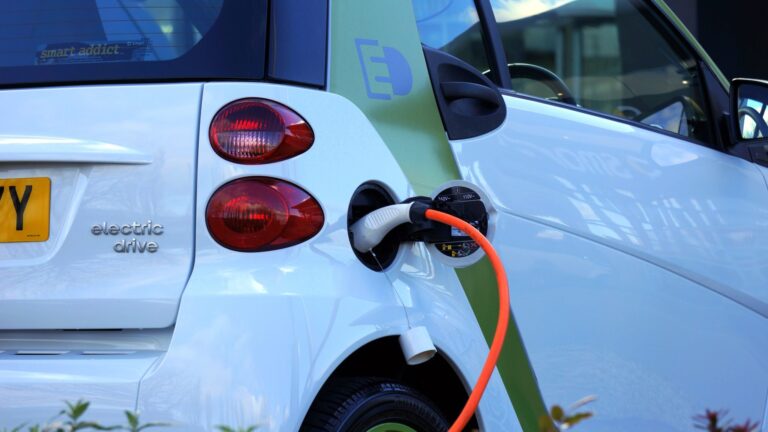The UK’s EV market grew 21% in 2019 with more than 72,000 new all-electric and plug-in hybrid cars registered, according to figures released by a joint government and car industry campaign.
Go Ultra Low has claimed that 2019 was the most successful year for electric cars to date in the UK, with 72,834 new registrations.
For the first time, all-electric cars reportedly accounted for more than half of the total EV market, with 52% of sales.
This, said Go Ultra Low, takes the number of all-electric and plug-in hybrid cars registered in the UK to date to 271,524.
Regionally, the South East reportedly saw the highest demand across the nation, with 26,136 vehicles registered – a 22% increase on 2018.
Other leading regions include the West Midlands (11,623), South West (8,128), Yorkshire and the Humber (7,566) and East Anglia (5,373), making up the top five British regions for EV uptake last year.
Go Ultra Low has also claimed that 2019 was the eighth consecutive year of growth for the UK’s EV market and attributed this, in part, to an increase in the models available, with over 50 for consumers and businesses to choose from.
A host of models are set to be introduced in 2020, including the Peugeot e-208, Volkswagen ID.3, Mercedes-Benz EQC, Vauxhall Corsa-e, Skoda CitiGo E, and Mini Electric.
Grant Shapps, transport secretary, said: “These record figures show the government’s world-leading £1.5bn programme encouraging people to switch to clean transport and improve air quality is working.
“I want 2020 to be the year electric cars go mainstream. That’s why we are doubling-down our efforts to make owning an electric vehicle the new normal.”
Continued growth of the EV market has been accompanied by new charge points being installed in response to the increased demand.
There are now over 29,000 public charging connectors in the UK, making it one of Europe’s largest charging networks.
These numbers could be set to rise due to continued government funding and investment from the private sector.
In September 2019, the government committed £35m into the UK’s rapid charge network, which, combined with £35m from the private sector, will result in the delivery of a further 3,000 rapid chargers by 2024.





